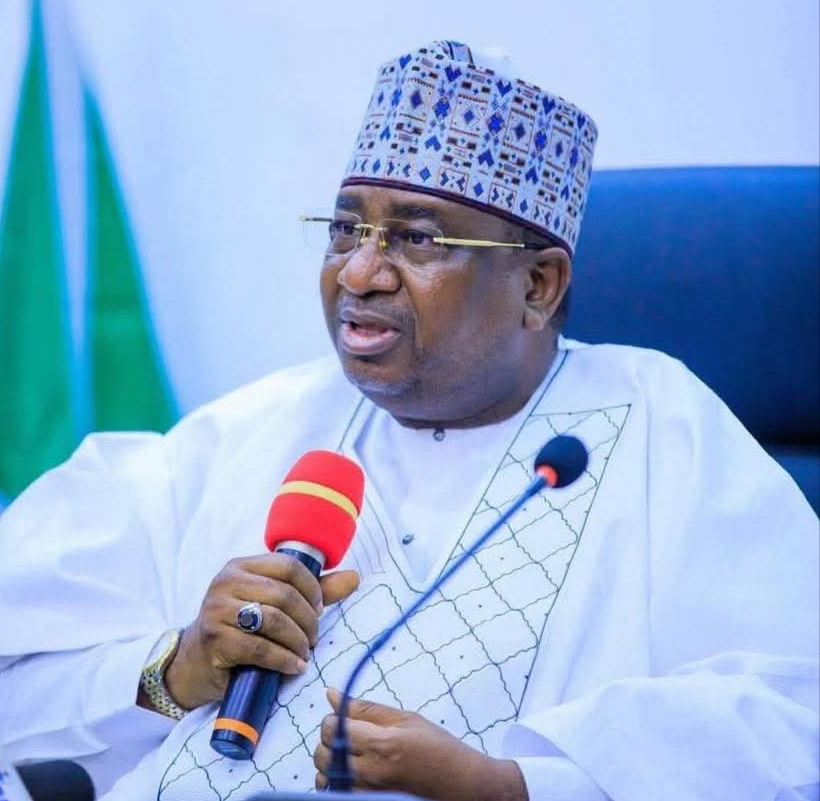The administration of President Bola Tinubu is committed to ensuring that every Nigerian naira of the nation’s revenue is utilized effectively for the development of the country. Dr. Adelabu Adedeji, the Special Adviser to the President on Revenue, emphasized this during a Sensitization workshop on the Guidelines for Private sector response to Illicit Financial Flows (IFFs) vulnerabilities in Nigeria. The workshop was organized by the Independent Corrupt Practices and Other Related Offences Commission (ICPC) in Abuja.
Adedeji stated that President Tinubu strongly believes in fiscal discipline and will ensure the judicious utilization of the country’s revenue and resources. He highlighted the importance of accurately predicting revenue in order to allocate and manage it efficiently. He stated, “The administration of President Bola Ahmed Tinubu will make every kobo of our revenue count.”
In addition to improving revenue management, the government will strengthen the fight against illicit financial flows (IFFs). Adedeji noted that IFFs have significantly reduced domestic revenues, hampering the government’s efforts to mobilize resources and threatening economic stability and sustainable development. He highlighted various forms of IFFs, including tax evasion, illegal export of foreign exchange, abusive transfer pricing, and corruption. Addressing IFFs will not only benefit Nigeria but also contribute to global development and governance agendas.
The Special Adviser commended the successes of the ICPC in the fight against IFFs and acknowledged the important role played by the Chairman, Prof. Bolaji Owasanoye. Owasanoye highlighted that IFFs have negatively impacted Nigeria’s potential revenue generation, foreign exchange reserves, exchange rates, inflation, and the cost of servicing external debts. He called for diverse measures to tackle the menace and improve Nigeria’s domestic revenue increase, despite the volatile global economic and financial system.
To enhance Nigeria’s ability to combat IFFs, the ICPC will identify vulnerabilities and weaknesses within public and private sector agencies and institutions. The Commission will advise on reforms to mitigate losses, improve domestic resource mobilization, and reduce capital flight. Owasanoye emphasized that the sensitization workshop aimed to gather feedback from the private sector on any challenges they face in implementing the guidelines.
During the workshop, an overview of the published guidelines was provided by Mrs. Lola Adekanye, the Program Director (Africa) of the Centre for International Private Enterprise (CIPE). Mrs. Ayotola Jagun, the Chief Compliance Officer and Company Secretary of Oando Plc, outlined the private sector’s response to the guidelines. Mrs. Ajagun from OANDO advocated for more ways to ease doing business, ensure security for companies, and provide training on dealing with IFFs.
The “Guidelines for Private Sector Response to IFF Vulnerabilities in Nigeria,” published by the ICPC, aims to equip private sector practitioners with knowledge about IFFs, providing guidance on what to avoid in their business transactions.
By prioritizing effective revenue management and intensifying efforts to combat IFFs, President Tinubu’s administration is demonstrating its commitment to achieving sustainable economic development and ensuring the welfare of all Nigerians.



